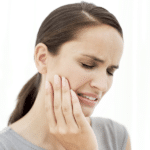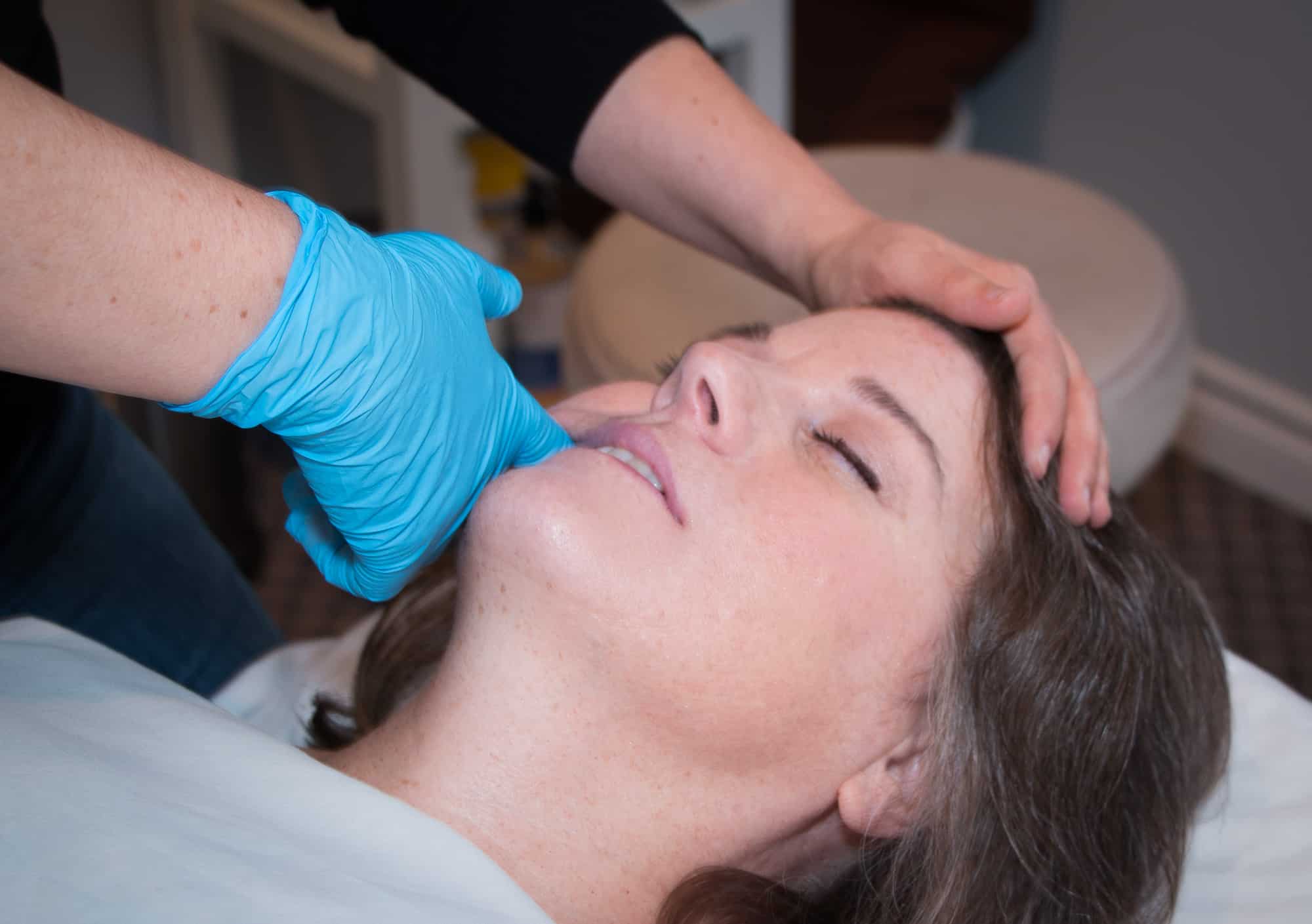"If you listen to your body when it whispers, you won't have to hear it when it screams."
– Unknown Author
TMJ Dysfunction: A Painful Impact on the Quality of Your Life

The temporomandibular joints (TMJ) are found on each side of your face and allow your jaw to chew, express facial features and move. The temporomandibular joint dysfunction symptoms include chronic headaches, pain while chewing, and stress clenching or grinding your teeth during sleep.
Symptoms of TMJD
- Pain or tenderness localized at the joint
- Popping or clicking of the jaw
- Difficulty and/or pain when chewing
- Pain that feels like it could be a toothache
- Headaches
- Tight, stiff, or sore jaw or neck muscles
- Muscle spasms in the jaw
- Difficulty opening your mouth
- Ear pain or ringing/popping sounds or a sense of fullness in the ears
- Locking or dislocation of the jaw, commonly referred to as lockjaw
- Dizziness or vertigo
Causes of TMJ damage include
- clenching/grinding
- dislocation of the joint disc
- Misalignment of the teeth
- Motor vehicle accidents
- Sport or worksite injuries
- Poor posture
- Arthritis
- Inflammatory musculoskeletal disorders
- Excessive gum chewing
Relief with TMJ Massage
Intra-oral massage is ideal for treating the soft tissues and muscles of the surrounding the temporomandibular joints because they are supported and suspended solely by soft tissue. These localized treatments decompress the affected joint, restore muscle balance and reduce tension and discomfort.
Benefits of Massage
- Can reduce intensity and frequency of TMJ related pain
- Improve jaw range of motion
- Reduce tension in the jaw and neck muscles
- Reduce jaw clicking
- Reduce headaches associated with TMJ
- Reduce ear and tooth pain related to trigger points in the jaw muscles
- Alternative to surgical or pharmaceutical intervention

What to Expect
The treatment protocol focuses primarily on the jaw, neck and head and involves working directly on the muscles inside the mouth within the client’s comfort. The massage is centered around releasing tension and fascial (connective tissue) restrictions.
When muscles and fascia become tight it creates restrictions that can lead altered joint alignment and pain. Releasing the fascia and muscles helps take pressure off of pain sensitive structures. This allows for a reduction in jaw pain and can improve range of motion.
Like many other therapies it is most effective when received initially on a consistent basis. However, even by the end of one treatment you may experience significant relief in achy jaw muscles. Treatment goals and baseline assessment results are established so we can measure effectiveness. Longstanding jaw issues can often be improved but not entirely resolved. In these cases, after an initial treatment plan, clients can move on to a maintenance schedule of monthly or seasonal visits to keep old patterns from recurring and keeping flare ups at bay. The goal is to feeling well for longer.



